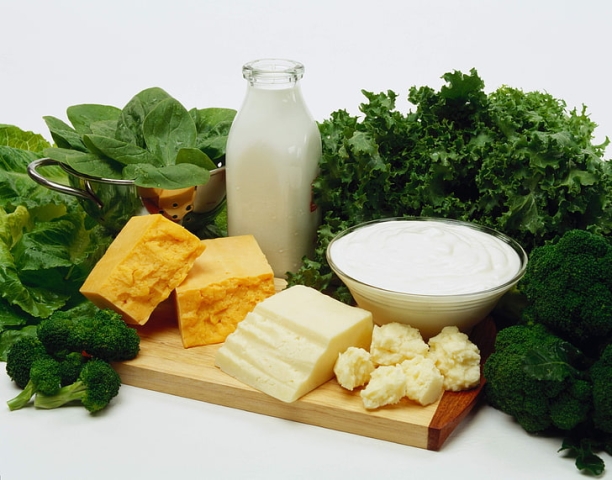In recent years, non-dairy milk has become among the leading trends in global cuisines. Dairy is said to be unsustainable for the long-term, with many humans today refraining from dairy products for health and dietary reasons. The only issue with non-dairy milk is, Milk from cows contains casein, which allows it to be processed into a range of dairy products. Casein does not exist in any other marketed non-dairy milk to date.
One Israeli start-up is claiming to have solved the problem with plant-based milk and dairy products, and their innovative idea might just be the disruption that was needed to change the industry.
Pigmentum, a startup based in Kiryat Shmona, northern Israel, plants genetically modified (GM) lettuce in hi-tech greenhouses, cultivates it with special fertilizers and harvests the crop three weeks later when it is ready. Then, they squeeze out the juice, and add a few natural ingredients to give it a milk-like taste and smell. This produces a product that is ready to use for all the things regular milk would be used for in the kitchen.
Israeli start-up Pigmentum is producing biomolecules for the food industry in transgenic plants. The co-founder tells @FloraSouthey how the tech works, which hurdles stand in the way of commercialization, and whether consumers will drink ‘lettuce milk’ https://t.co/HE1JXtUKSy
— Elaine Watson (@EWatsonWrites) August 23, 2022
“Lettuce is green and leafy and doesn’t look the sort of thing you’d make cheese from,” says Tal Lutzky, CEO of the company. However, as he explains, they use lettuce as an organism for growing many things, including the all-important aforementioned casein. Lutzky and co-founder Amir Tiroler both studied agronomy at Hebrew University’s Robert H. Smith Faculty of Agriculture, Food and Environment, under Professor Alexander Vainstein, a globally recognized expert in genetic engineering within plants.
Lutzky and Tiroler came up with the idea of using lettuce as a platform to grow a range of pigments, such as anthocyanin, the purple shade found in blueberries, and vanillin, which makes vanilla. They genetically modify romaine lettuce and then irrigate or spray it with a special fertilizer that triggers the growth of whatever they have embedded into the genetic code. “We engineer the lettuce to produce whatever we want in very, very high yields, in this case, casein, to make milk,” says Lutzky.
Genetically modified to produce casein, a milk protein, to create sustainable vegan cheese that performs and tastes like dairy cheese using less resources.
— Leslee 🌻 🇺🇦 Stands With Vaccines And Ukraine (@Echo2Zs) September 3, 2022
"After Soy Milk And Almond Milk…It’s Lettuce Milk"#ClimateEmergency#ClimateAction#ClimateCrisis https://t.co/m7Y34kInQy
Ordinary lettuce contains no casein. It’s only by genetically modifying it that they have been able to transform ordinary lettuce into a base for all non-dairy milk products. “Our lettuce grows naturally and looks normal. We modify it to react to a certain kind of fertilizer, which means it produces very high yields of casein,” Lutzky explained.
He continued, saying “The GM lettuce contains casein, which accounts for 80 percent of the protein in cows’ milk. It’s what makes the cheese formulation possible. Without it you can’t make any cheese. You can’t make cheese from almond, rice or soy milk.”
“We are familiar with the problem of sustainability in our food supply chain and especially around animal-based food products,” Lutzky further noted.
“Eighty percent of the world’s agriculture is used for feeding animals. The food industry is constantly looking for new ways to make products that have always been produced by animals.”


